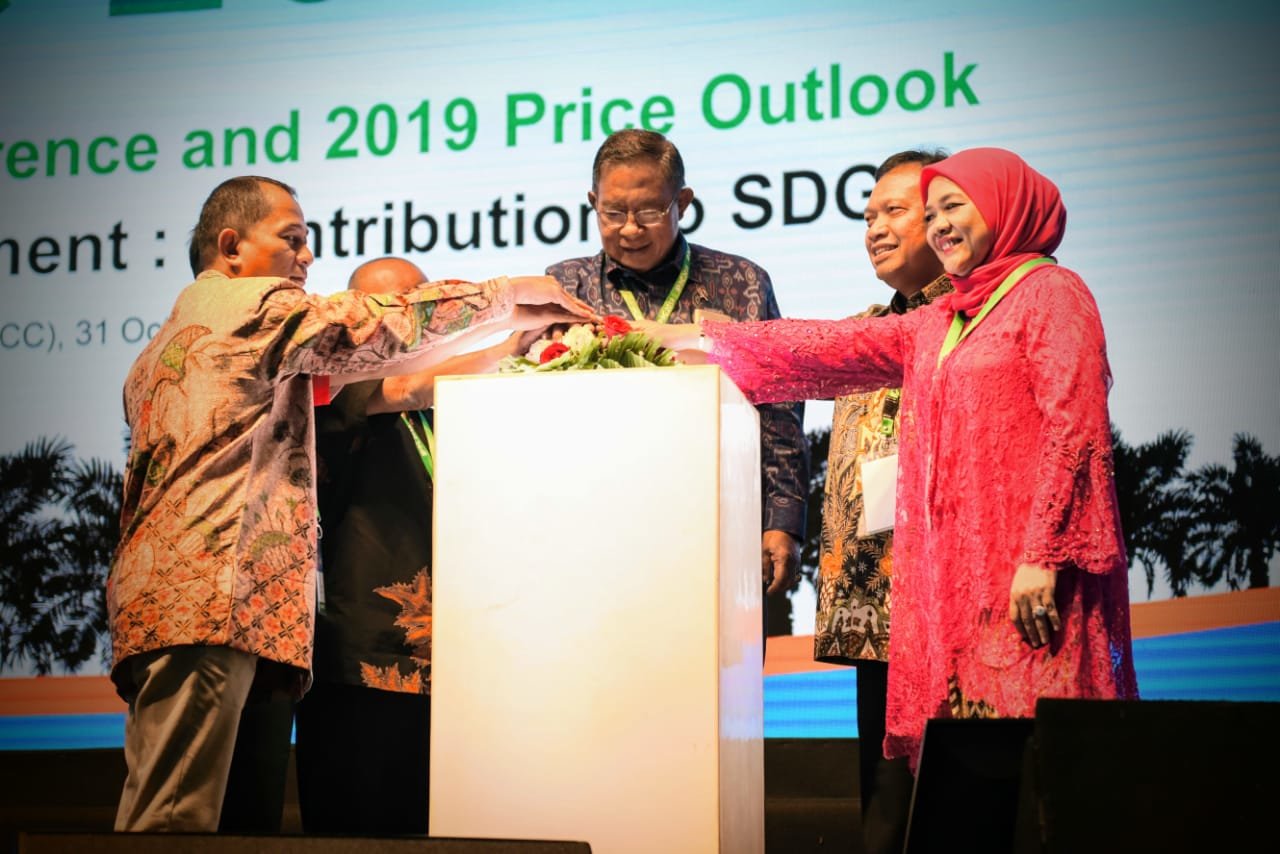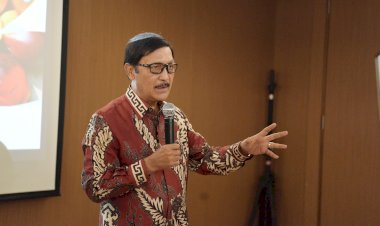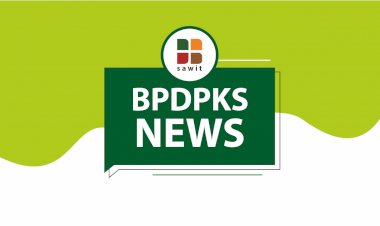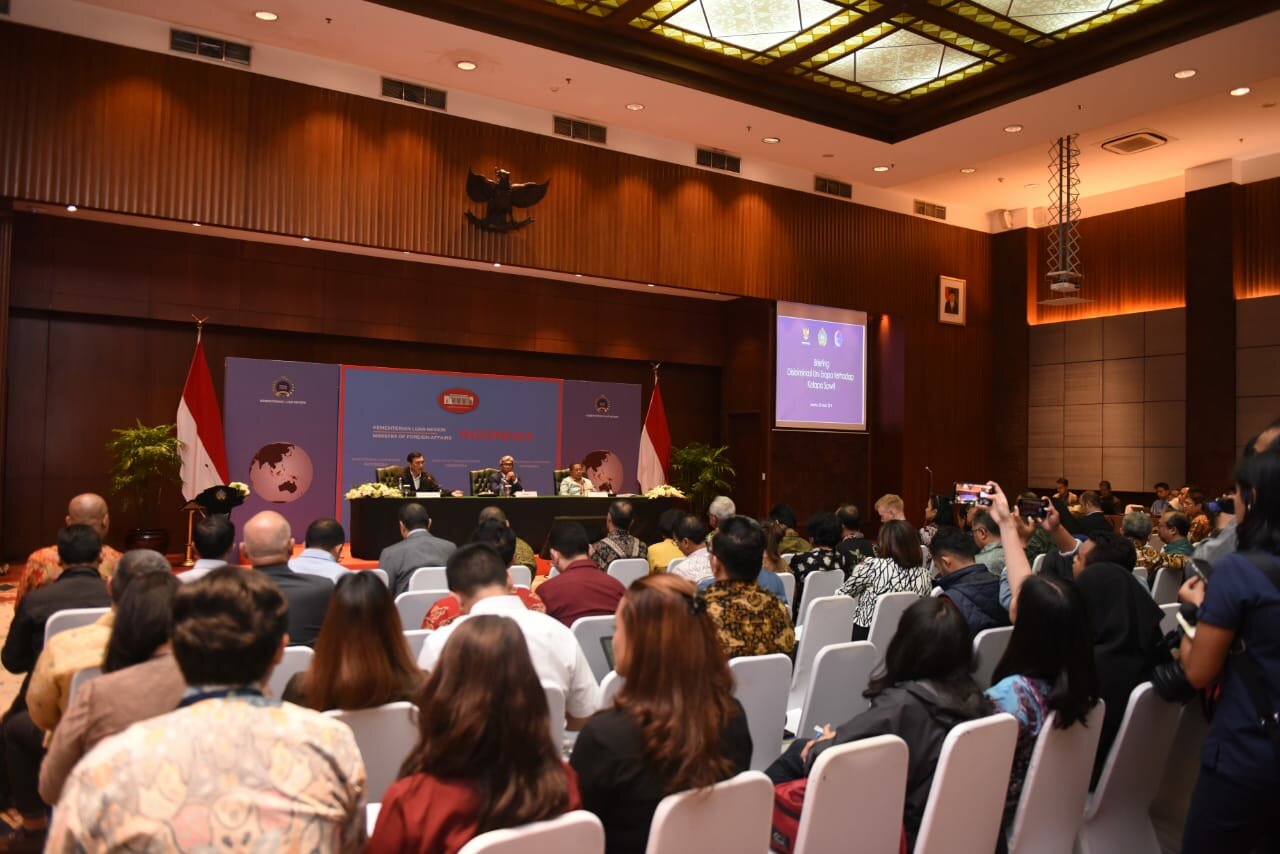IPB Introduces Precipalm, Oil Palm Fertilization Recommendation System Via Satellite
FACULTY of Agriculture Technology at Bogor Agricultural University (IPB) has introduced NPK fertilization recommendation system for palm oil via satellite, named Precipalm.
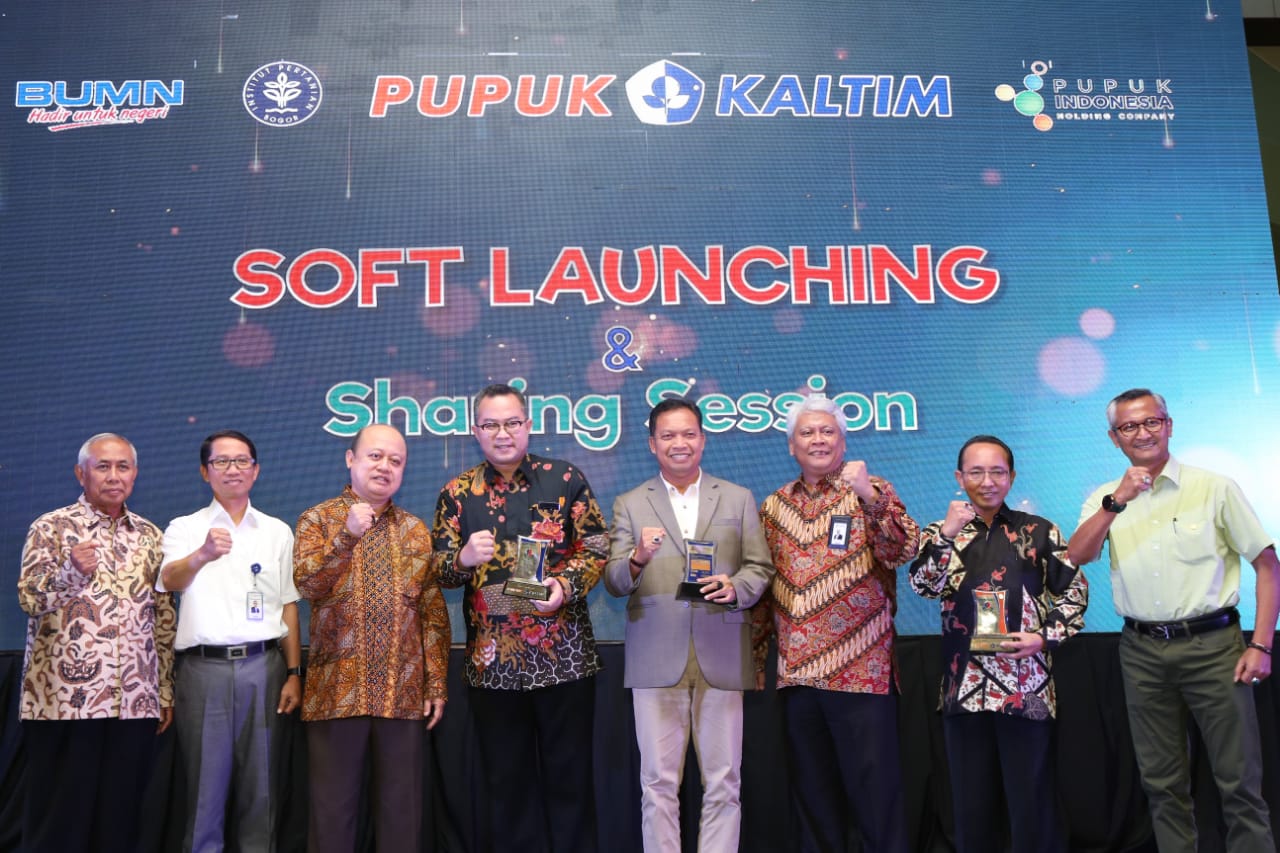
FACULTY of Agriculture Technology at Bogor Agricultural University (IPB) has introduced NPK fertilization recommendation system for palm oil via satellite, named Precipalm. This precision agriculture system makes it possible for oil palm farmers to have information on how many fertilizer needed or recommended for oil palm trees in a certain area via satellite.
Precipalm was launched at IPB International Convention Center (IICC) in Bogor, (18/12/2018). According to the Dean of Agriculture Technology Faculty of IPB Kudang Boro Seminar, Precipalm is a system that is able to provide recommendation on NPK fertilization for oil palm via satellite image. Oil palm farmers can indicate soil and plants fertility by looking at a mathematical model using color band on satellite image.
Precipalm has accommodates precision agriculture principles. Research on Precipalm had been conducted for two years to enhance model and prediction of fertilizer nutrition. Decision on fertilization could be made based on sentinel satellite image in order to make online measurement by using satellite data updated routinely five times a day.
“It can show us which plants have low content of nutrition that need more fertilizers. When nutrition content is enough, then it doesn’t need fertilizer. In this sense, we can decide how many dose of fertilizer for each plants,” Kudang said.
Precipalm uses high accuracy geostatic-based mathematical modeling. This model makes it possible to measure macro nutrient elements of N, P, K, and Mg status based on color of the plant’s leaves captured by satellite. It is also quicker in estimating dose recommendation for fertilizing oil palm tree.
Precipalm was disigned based on the research conducted by IPB in collaborated with Pupuk Kaltim and Pupuk Indonesia Holding Company. The system has been tested in Jambi, Kalimantan, Bogor and plantation operated by PTPN V. *** (Source: ipb.ac.id)


